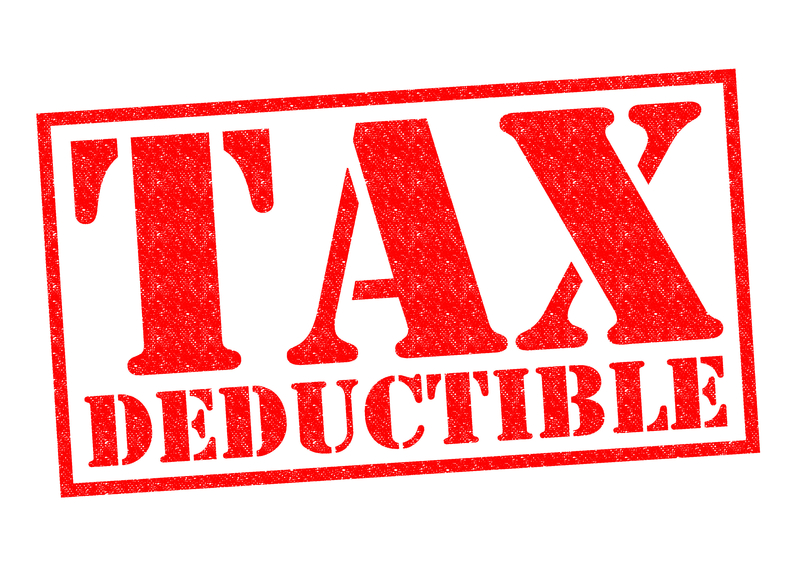How can I reduce my tax bill?
As the month of June rapidly approaches it is topical for us all to think about what we can do to reduce our income tax bill. Of course long-term tax planning is the most appropriate way of managing our income tax costs, however, short-term measures should still be looked at each year. We strongly recommend that you meet and discuss your circumstances with your taxation adviser. Here is a brief list of items to consider:
Individuals
- Consider prepaying deductible expenses such as union fees prior to 30th
- Buy some work related tools, uniforms or protective clothing and boots.
- Make tax-deductible donations to approved charities.
- Maintain records of all motor vehicle travel performed for work purposes.
- Maintain records of other travel expenses for work purposes such as e-tags, overnight accommodation and meals, bus, train and tram fares and parking costs.
- Maintain records of work clothing alterations, laundry and dry cleaning costs.
- Record all associated costs applicable to a seminar or course of self-education relating to your current employment, including course fees (not HELP fees), stationery, office expenses, computer and printer expenses, Internet, heating and power, telephone and travel.
- Maintain records and documentations of other expenses incurred partly for work including mobile telephone, home office heating and power, Internet, computer, stationery, sun protection and applicable tools and equipment.
- Take out income protection insurance outside superannuation and pay the premiums from your private funds.
- Negatively gear an investment such as a rental property or a share portfolio.
Businesses
Short Term
- Ensure that superannuation contributions are paid and received by the fund prior to 30th of June.
- Maximise the concessional (deductible) superannuation contributions of the owners. These are currently $30,000pa for those under 50yo and $35,000pa for those over 50yo. Note that these maximum limits are reducing from 1 July, 2017 to $25,000pa for everyone eligible.
- Consider deferring income until after 30th of June, if possible. Most businesses are taxed on income, as it is invoiced, although if you operate on a cash basis for income tax, your income will be taxable when received.
- Accelerate your deductions by purchasing (and paying, if on a cash basis) for any items which form part of your business operating expenses before 30thJune. Note that buying stock items doesn’t help. Top up your fuel tanks!
- Review your outstanding debtors and write-off any debts that you think are not collectable prior to 30thJune.
- Consider purchasing additional items of plant and equipment costing less than $20,000 each and taking advantage of the immediate write-off rule if you are a small business enterprise (SBE).
- SBE taxpayers can prepay certain expenses for a period not exceeding 12 months, such as interest, advertising, lease payments, rent, rates, subscriptions and insurance and claim them in the year of payment.
- Primary Producers can make a Farm Management Deposit (FMD) prior to 30th June.
- Review your schedule of plant and equipment (if they are not pooled) and scrap any pieces that are now obsolete.
- Review your stock items and determine if the market value of any item is less than the original cost, resulting in a lower stock on hand figure (less profit).
- Pay bonuses to deserving staff members prior to 30 June.
Longer-term
- Arrange your affairs to replace private loans with business/investment loans where the interest is deductible.
- Review your legal structure to ensure it is appropriate for your family, succession and income tax situation.
- Invest in assets that appreciate in value over time and provide deductible expenses over the short period.
- Optimise wage payments to family members for work performed in the business.
- Optimise/maximise deductible contributions to superannuation for all family members.
If you are looking for ways to reduce your income tax bill before the 30th June, Call Now: 02 60332233
